Iraqi fish farmers south of Baghdad have been left reeling after finding thousands of dead carp mysteriously floating in their cages or washed up on the banks of the Euphrates.
Piles of the dead silvery fish, along with a few car tyres and plastic bags, could be seen on Friday lying under a massive concrete bridge.
They covered the surface of deeper water nearby, providing rich pickings for birds circling above.
And in the fish farms of Saddat al-Hindiyah in Babylon province, about 80 kilometres (50 miles) south of Baghdad, the lifeless carp floated together in small clumps.
Farmer Hussein Faraj frantically scooped dead fish out of his enclosure in a red plastic crate, fearing they were poisoned.
“Some are saying it’s because of a sickness, others say it’s because of chemicals,” said Faraj.
“We’re waiting for a solution from the government or a test of the water – we’re scared the water will poison us in the coming days, too.”
Major water pollution has already kicked up a stink in Iraq once this year, as around 100,000 people were hospitalised this summer in the southern city of Basra.
There, too, farmers were shocked to see their fish suddenly turn up dead in the water, or washed up on muddy shores, during the summer crisis.
In Saddat al-Hindiyah on Friday, distressed farmers were pulling fish from their enclosures in nets, and opening up gills to check for clues to the shocking mass deaths.
‘All of them are dead’
“This sickness is a mystery. It’s uncontrollable,” said Jaafar Yassin, head of the town’s agricultural unit.
“Around 90 percent of fish in the farms died,” he told AFP.
The losses have left farmers angry.
“I own 28 cages and farm 50,000 fish in them. I estimate that I lost $80,000 (70,000 euros) as a result of the sickness,” said farmer Hussein al-Husseini.
Gesturing wildly and sounding panicked, his colleague Anas Nuhad counted his own losses.
“I farmed 70,000 fish in these ponds – all of them are dead,” said Nuhad, a layer of lifeless carp covering a fish pond behind him.
“Where am I supposed to get fish from now? Everyone eats fish. So many people, so many families are living off this industry,” he said.
Iraq produces 29,000 tonnes of fish each year, according to 2016 statistics gathered by the United Nations’ Food and Agriculture Organisation.
The country’s national delicacy is masgoof – flame-grilled carp seasoned with sauces made from onions, spices and tomato.
Iraq’s health ministry said Friday it had taken samples from the water and dead fish in Babylon province, but tests had yet to be completed.
“There have not been any illnesses caused by eating fish so far,” said spokesman Seif al-Badr.
“Our health monitoring teams are also carefully following fishmongers in the local market”, he said, adding that anyone found selling the affected fish will be held accountable.
Dr Yahya Merhi, head of the Babylon Veterinarian Hospital, said the results could be known in two days.
Original article here.
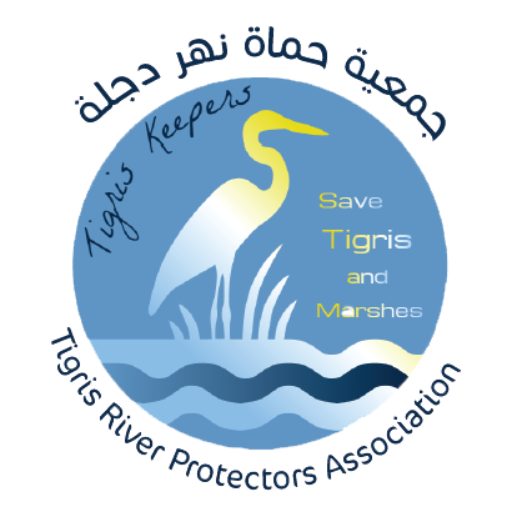
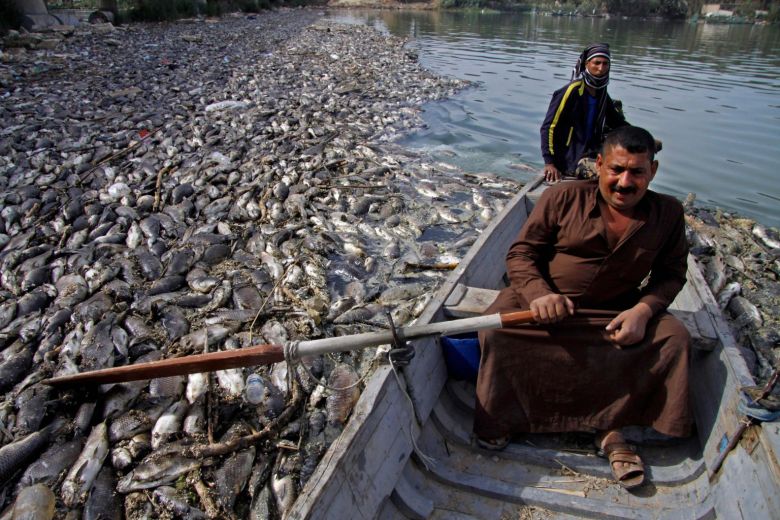
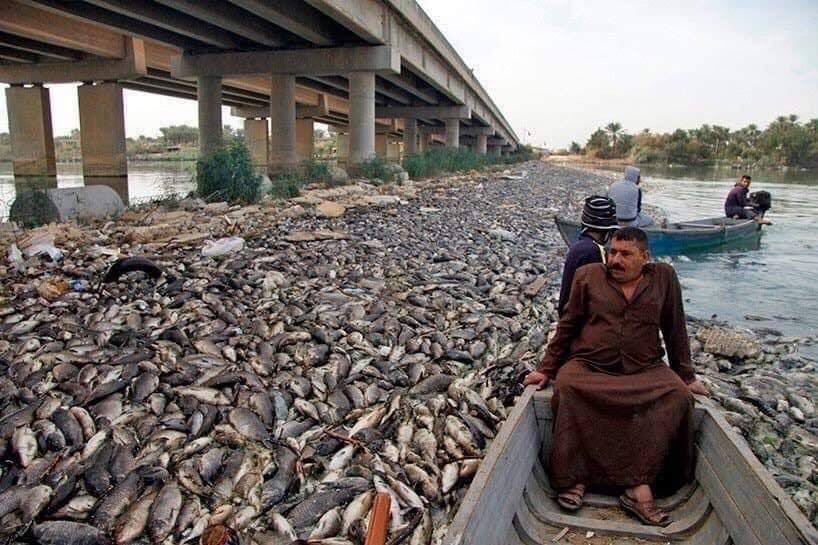
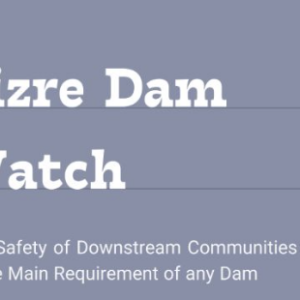
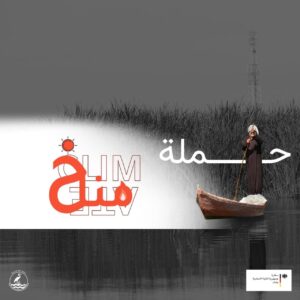
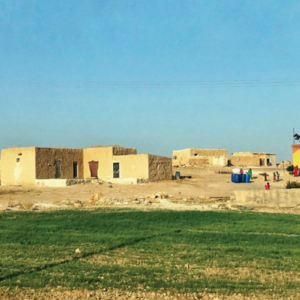
Leave a Reply